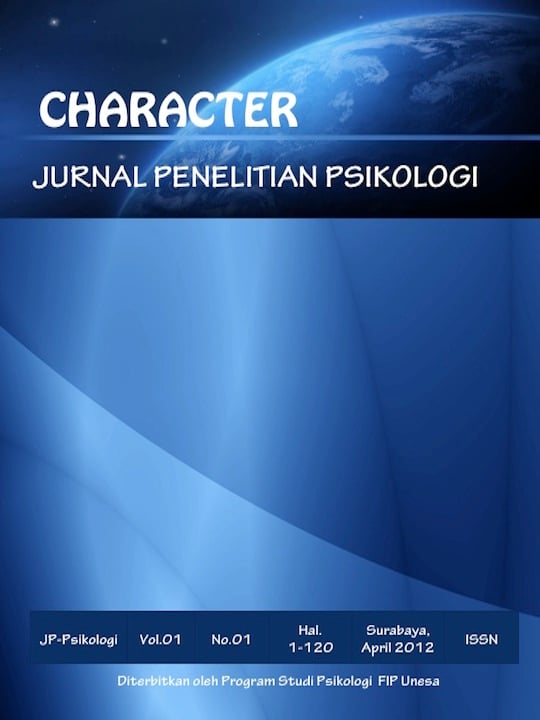Gratitude in Early Adulthood Women Survivors of Sexual Harassment
DOI:
https://doi.org/10.26740/cjpp.v10i1.53538Abstract
This study aims to examine the processes, factors, and benefits of gratitude in early adulthood women who are survivors of sexual harassment. Early adulthood is the age when individuals experience the transition from adolescence to adulthood. This age is a critical period, especially at the age of 18-20 years. Age 18-20 years is a period when individuals experience emotional tension because they are faced with changes in responsibilities and different developmental tasks. Failure to overcome stressful live events due to harassment will have a negative impact on individuals. This research is important because gratitude is an important aspect for early adult women to reduce negative emotions from the impact of harassment. This research uses a qualitative approach with a case study method. Data were obtained through semi-structured interviews and analyzed through thematic analysis techniques. Participants in this study were three young adult women who experienced unwanted sexual attention. By referring to the gratitude aspect developed by Watkins, the three participants were able to form gratitude. Gratitude is achieved by several processes involving psychological, cognitive, and social aspects. Gratitude can increase awareness, happiness, and form self-acceptance. Factors that support the formation of gratitude are self-motivation and support from friends.
Downloads
Downloads
Published
How to Cite
Issue
Section
License
Authors who publish in this journal agree to the following terms:
Copyright in any article is held by the author.
The author grants the journal, publication rights with the work simultaneously licensed under a Creative Commons Attribution License that allows others to share the work with an acknowledgment of the work's authorship and initial publication in this journal.
Authors may enter into separate, additional contractual arrangements for the non-exclusive distribution of the journal's published version of the work (e.g., posting it to an institutional repository or publishing it in a book), with an acknowledgment of its initial publication in this journal.
Authors are permitted and encouraged to post their work online (e.g., in an institutional repository or on their website) prior to and during the submission process, as this can lead to productive exchanges, as well as earlier and greater citation of published work.
 Abstract views: 231
,
Abstract views: 231
, PDF Downloads: 355
PDF Downloads: 355





